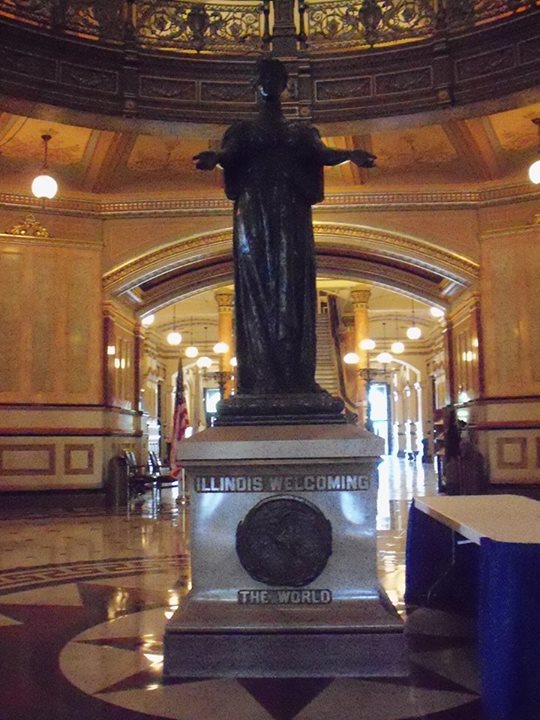
Monday, 23 March 2015
Otherwise, what will they do who are baptized for the dead, if the dead do not rise at all? Why then are they baptized for the dead? 1 Corinthians 15:29
The subject verse is one which has resulted in many aberrant teachings and practices within the church and even among cults. For example, the Mormons practice baptism for the dead, meaning in absentia, or in place of a person who has died but was not baptized. Other odd interpretations of this verse have also arisen, the list being too long to go through. However, these words have nothing to do with baptism in absentia or any other such unusual rendering.
Rather, the context must be considered to draw out the intended meaning. Paul begins with “Otherwise” to show us that this is something in contradistinction to something else. The proper context then is to go back to the end of the argument which precipitated his words from 15:20-15:28. Those verses spoke of the reality of Christ’s resurrection and the significance of that great act. The thought now is given in response to the words of 15:12 – 15:19 which ended with the exclamation –
“If in this life only we have hope in Christ, we are of all men the most pitiable.” 1 Corinthians 15:19
In those verses, he was writing about the futility of our hope and faith if Christ is not risen from the dead. If Christ wasn’t raised, then neither will anyone else be raised; all are dead and remain dead. And so, Paul asks (based on his “otherwise”) “what will they do who are baptized for the dead.” The word “dead” here is plural and is referring to all who have believed in the resurrection of the dead and who have now passed on or who will pass on. All are baptized in hope and in eager anticipation of a literal resurrection from the dead.
But if there is no resurrection, then the hope is in vain. “For the dead” then is a reference to the state of the believer if the resurrection isn’t true. They are baptized as dead and they will remain dead; the baptism was a useless gesture. On the contrary though, we are not baptized for the dead, but for the hope of life. The very nature of baptism shows us that Christ died (being submersed in the water is a picture of this) and then rose to newness of life (being raised from the water is a picture of this).
But “if the dead do not rise at all,” then “why then are they baptized for the dead?” These words go back to the thought of verse 18, which said, “Then also those who have fallen asleep in Christ have perished.” If they have perished, then their hope is perished as well. Why would anyone follow these supposed faithful in baptism if they died without hope? Being baptized to replace dead people who will never rise to life would be as pointless as their baptism was. They died in the hopes of a Savior who is still in the grave, and thus no Savior at all.
The entire thought that Paul is relaying is that in Christ there is hope and those who have died in Christ have not died in vain, nor will any die in vain who follow in baptism in the hopes of eternal life through the risen Christ. This is why Paul uses both the terms “sleep” and “dead” at various points of his discussion. “Sleep” implies hope; “dead” implies none. In Christ, there is hope. Paul’s next three verses will continue to explain this.
Life application: Despite the difficult nature of 1 Corinthians 15:29, it is a verse which speaks of hope, not only for those who have gone before us, but for we who are still alive today. We receive baptism in the hope that is based on the work of Christ, and which has been established in our forefathers who have gone before us. Christ is risen and our hope is not in vain!
Lord God, when I think of those who have gone before me in the hope of the resurrection, I am grateful that they persevered in their faith, even to the point of death. Their courage is something I can look to and know that there is an unbroken succession of people, all the way back to the apostles, who died in the absolute assurance of being raised again. With their faithfulness recorded, I am strengthened for whatever I may face as well. Thank You for this, O God. Amen.
